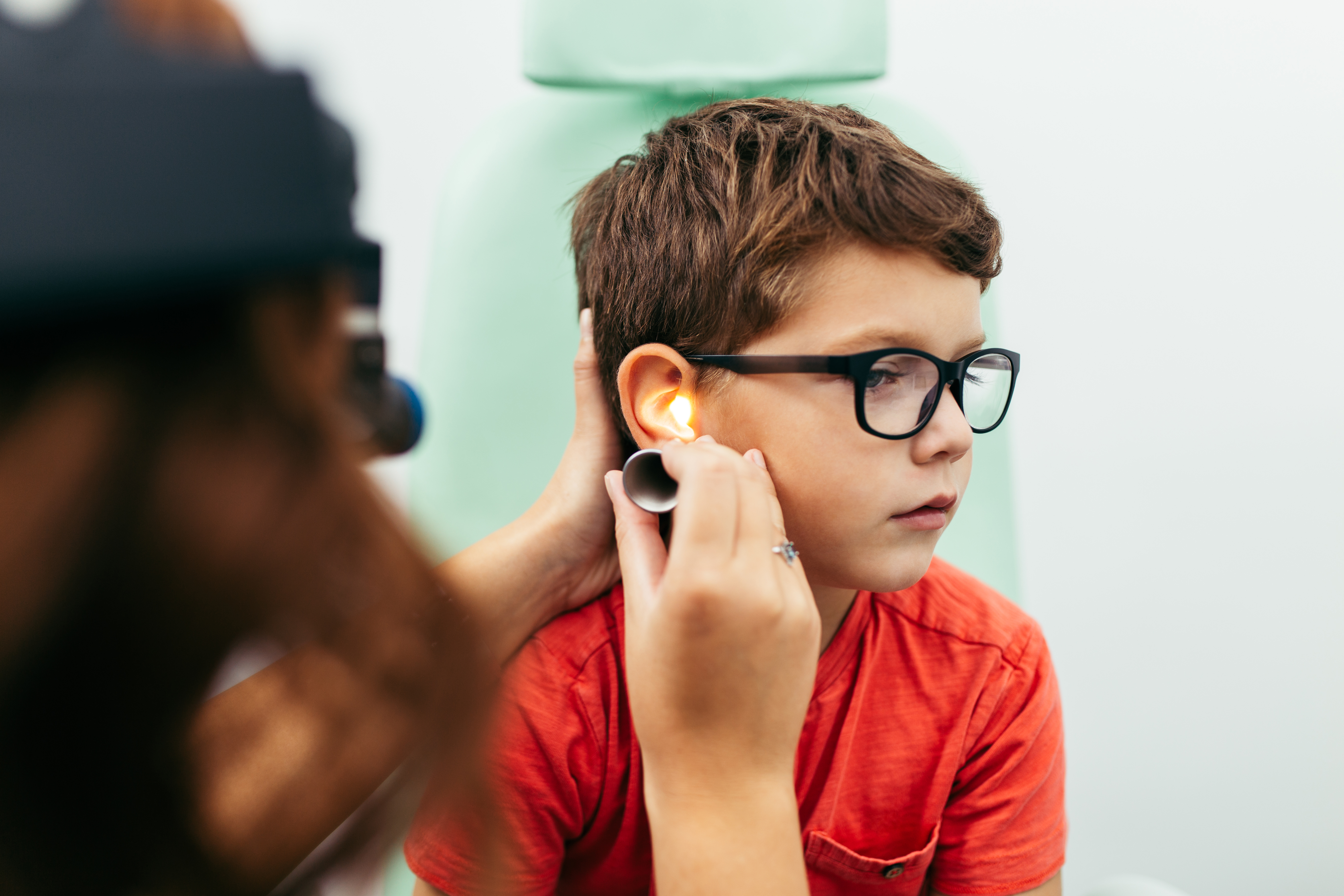By Lauren Glendenning, For Memorial Regional Health
Earwax Is Necessary, and Attempting to Clean It Out Can Cause Blockages That Lead to More Serious Issues
Earwax is a useful substance in the human body that acts as a natural cleanser, pushing unwanted stuff such as hair, dirt and dead skin cells outward, while also performing antifungal and antibacterial duties.
In short, the right amount of earwax is good, but too much of it can cause problems.
“Earwax is a helpful and natural part of your body’s defenses. It cleans, lubricates and protects your ear canal by trapping dirt and slowing the growth of bacteria,” according to the Mayo Clinic.
Without enough earwax, ears can feel itchy and uncomfortable.
“If you don’t have the right kind, you may be more likely to get ear infections,” according to Harvard Medical School. “But for many people, earwax is manifestly too much of a good thing. An ear canal plugged up with earwax can cause earaches, infections and other problems.”
Treatment for Excessive Earwax (Hint: It Doesn’t Involve Cotton Swabs)
Probing the ear with items such as cotton-tipped swabs, bobby pins or twisted napkin corners only push earwax deeper into the ear canal, according to the American Academy of Otolaryngology–Head and Neck Surgery Foundation (AAO-HNSF).
“Cleaning a working ear can be done by washing it with a soft cloth, but do not insert anything into the ear. Ideally, the ear canals should never have to be cleaned,” according to the Foundation. “In addition, accidental trauma to the eardrum or ear bones can occur if the swab is pushed too deep.”
The Foundation notes that some people do require their earwax to be cleaned, in which case there are some home remedies that could help. An ear, nose and throat (ENT) specialist could help you determine the right treatment option.
ENT specialists can manually remove earwax by using suction or special miniature instruments and a microscope.
“Manual removal is preferred if your ear canal is narrow, the eardrum has a perforation or tube, other methods have failed, or if you have skin problems affecting the ear canal, diabetes or a weakened immune system,” according to the Foundation.
Wax blockage is one of the most common causes of hearing loss, the AAO-HNSF reports. Attempts to clean the ear with cotton swabs is often the root cause of the blockage.
“Good intentions to keep ears clean may lessen the ability to hear. The ear is a delicate and complicated body part, including the skin of the ear canal and the eardrum,” the Foundation warns.
Ear, Nose and Throat (ENT) Services at MRH
Whether suffering from hearing loss, sleep-disordered breathing or frequent ear infections, there are many reasons you might need to see an ENT specialist, also known as an otolaryngologist. The Memorial Regional Health ENT department works with children and adults to diagnose a variety of conditions.
Dr. Robert McLean is a full-time ENT specialist and head/neck surgeon at MRH. He brings 15 years of experience caring for both children and adults and is board-certified by the American Board of Otolaryngology.
To make an appointment, call 970-826-2420.
Symptoms of an earwax problem may include:
- Earache
- Feeling of plugged hearing or fullness in the ear
- Partial hearing loss that gets worse
- Tinnitus, ringing or noises in the ear
- Itching, odor or discharge
- Coughing
- Pain
- Infection
Source: American Academy of Otolaryngology–Head and Neck Surgery Foundation






